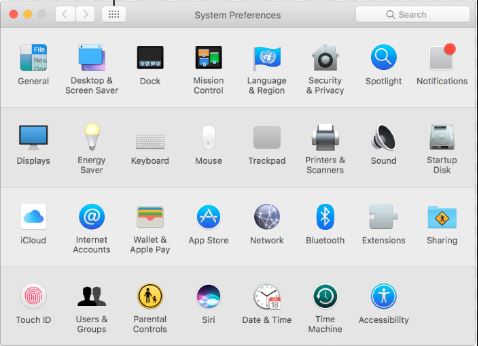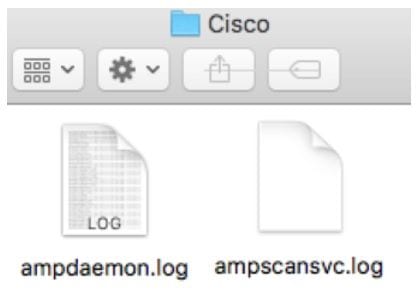
# dracut -f /boot/initramfs-`uname -r`.img `uname -r`Ģ) Build a custom kernel with the following patch:ĭiff -git a/kernel-x86_nfig b/kernel-x86_nfig # echo 'add_drivers+=" spi_pxa2xx_platform "' > /etc//spi_pxa2xx_nf It's currently being built as a module, but is not available during boot.ġ) If you can attach an external keyboard and boot, update the initramfs using dracut: I've been able to get the keyboard working by enabling the spi_pxa2xx_platform driver. To debug, I attached an USB connected keyboard to input the luks passphrase. Issue occurred on a previous boot, use the journalctl ``-b`` flag. You can get the complete kernel logįor a boot with ``journalctl -no-hostname -k > dmesg.txt``. Are you running any modules that not shipped with directly Fedora's kernel?:ħ. ``sudo dnf update -enablerepo=rawhide kernel``: Rawhide kernel, run ``sudo dnf install fedora-repos-rawhide`` followed by Does this problem occur with the latest Rawhide kernel? To install the Unable to use keyboard input when luks passphrase is required using the laptop hardware.ĥ. Install F37 Workstation and configure full disk encryption. Can you reproduce this issue? If so, please provide the steps to reproduce Based on the Ask Fedora, this has been an issue since F35 or earlier.Ĥ.

I had the issue in F36 and waited for the F37 release to test further. *first* appear? Old kernels are available for download at Did it work previously in Fedora? If so, what kernel version did the issue What is the Version-Release number of the kernel:ģ. If you choose to encrypt the disk, upon rebooting you are unable to enter your luks passphrase.Ģ.

The keyboard works during the live image and anaconda.


 0 kommentar(er)
0 kommentar(er)
